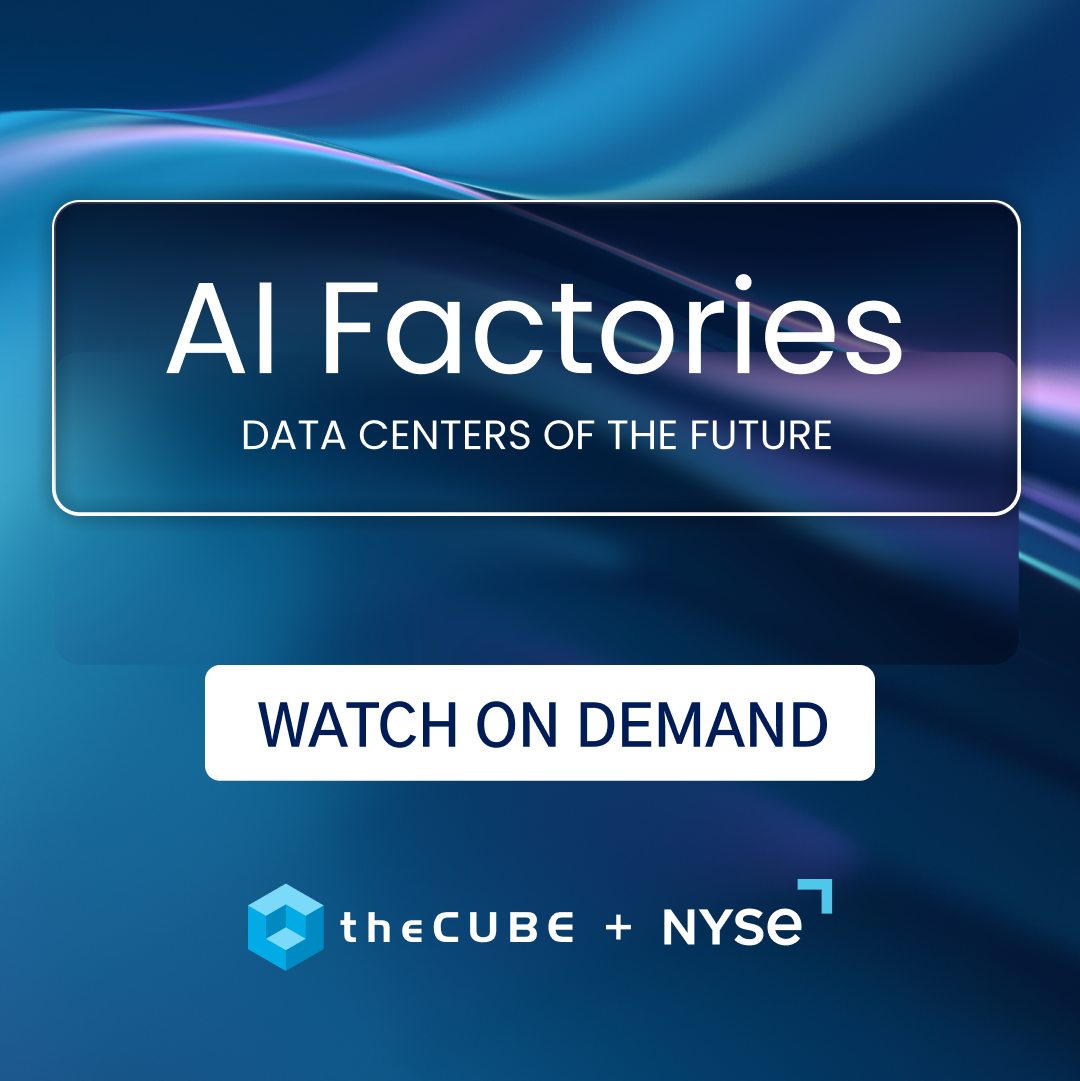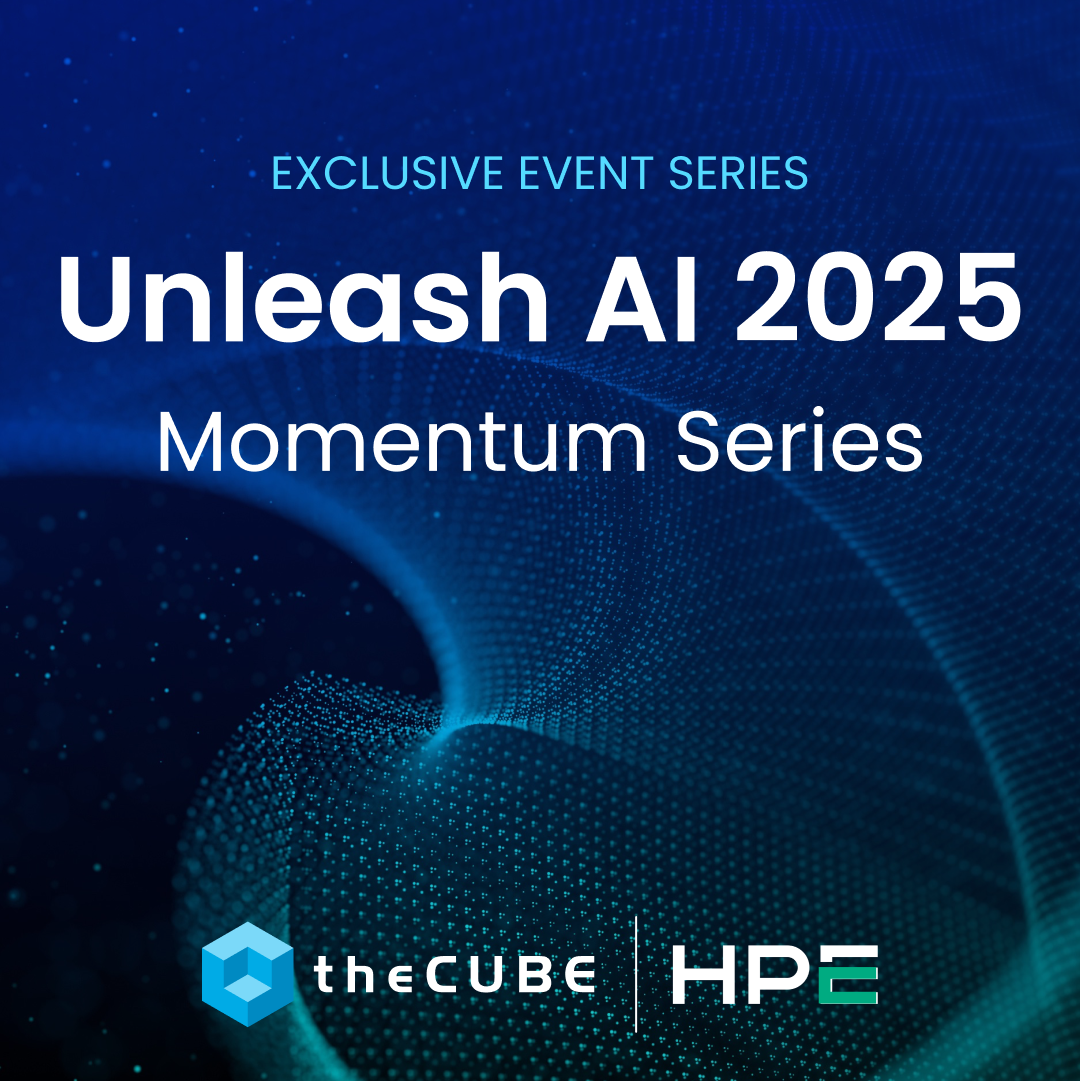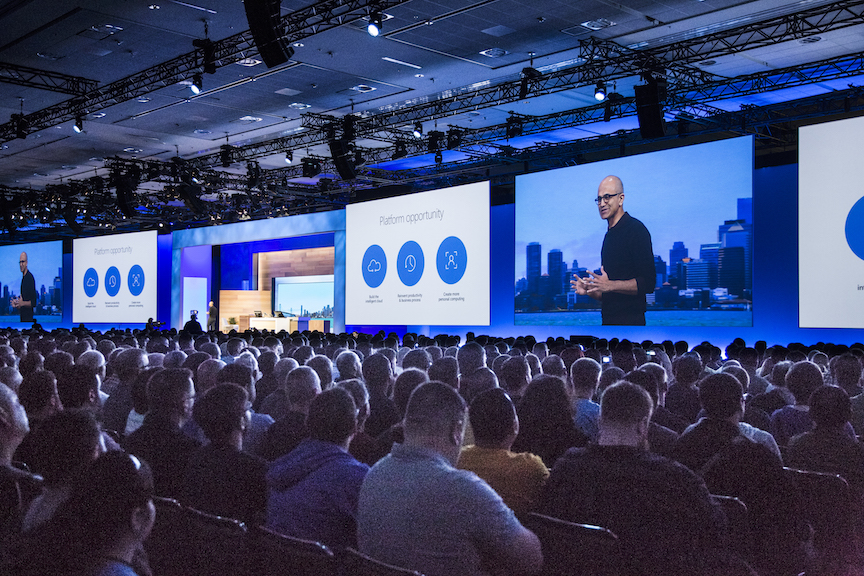James Kobielus
Latest from James Kobielus
DEEP DIVE
Everything from Build: Microsoft drives AI further into the edge, security to the forefront
Microsoft Corp. remains tightly focused on driving artificial intelligence to the cloud’s edge. At this year’s Build developer conference, it made a wide range of announcements that respond to the shift of algorithmic intelligence to edge devices, especially mobile, embedded and “internet of things” devices. In his Build 2018 keynote, Chief Executive Satya Nadella (pictured) ...
ANALYSIS
The challenge of finding reliable AI performance benchmarks
Artificial intelligence can be extremely resource-intensive. Generally, AI practitioners seek out the fastest, most scalable, most power-efficient and lowest-cost hardware, software and cloud platforms to run their workloads. As the AI arena shifts toward workload-optimized architectures, there’s a growing need for standard benchmarking tools to help machine learning developers and enterprise information technology professionals assess ...
ANALYSIS
How now, smart browser? AI takes up residence on the web client
Artificial intelligence is starting to live everywhere, especially in your browser. Browser-based AI has several advantages. Running AI in the browser can speed up some AI operations — such as sentiment analysis, hand gesture detection and style transfer — by executing them directly on the client. It can eliminate the need for background application programming interface requests to cloud-based ...
ANALYSIS
Serverless computing takes a big step into the multicloud world
Serverless computing has already invaded public cloud services in a big way. Now, it’s coming to private clouds as well. As discussed in this Wikibon report from last October, more open-source serverless frameworks are entering the market, providing options for enterprises that wish to deploy them entirely inside their private clouds or hybrid private/public serverless computing architectures. Recently, the ...
ANALYSIS
AI is driving the evolution of hyperconverged cloud infrastructure
Artificial intelligence workloads are becoming central to cloud computing. AI is assuming a larger role in optimizing the hyperconverged infrastructures that underpin today’s multiclouds, as well as premises-based “true private clouds” that approximate the public cloud experience. AI-ready storage and compute integration is becoming a core requirement for many enterprise customers. Wikibon sees more solution ...
ANALYSIS
Graphing the sensitive boundary between personally identifiable information and publicly inferable insights
Sleuthing is the art of making intelligent inferences from sparse, disconnected and seemingly random data. Detectives, like any skilled analyst, are adept at using these inferences to solve real-world problems. Analysis is a profession that often demands ingenuity in how you play with the data that comes into your possession. When analysts encounter sensitive data, ...
ANALYSIS
AI’s automation flywheel spins greater human productivity
Artificial intelligence-driven automation is taking hold everywhere, though many people fear that this trend will put people out of jobs en masse. How realistic is this worry? Bear in mind that many automation-related vendor announcements highlight a “human-in-the-loop” capability that bodes well for continued employment in the affected industries or professions. Wikibon believes that “human-in-the-loop” ...
App development transformed: Exploring the impact of blockchain on augmented programming
Developer productivity can skyrocket when you have the right people on the right team. Augmenting that productivity increasingly relies on code generation tools that drive DevOps workflows throughout the development organization. Wikibon refers to these as augmented programming tools, though “automatic programming,” “low code,” “no code” and “robotic process automation” also generally fall under this umbrella. The ...
Bringing probabilistic programming into AI development
When you’re programming an artificial intelligence application, you’re usually building statistical models that output discrete values. Is that image a human face? Whose face is it? Is that face expressing a positive or negative emotion? Does that emotion fall outside the range of those that we would consider typical of this situation, or does it ...
The militarization of AI is coming. Can tech companies (and the rest of us) live with it?
Everybody knows that artificial intelligence is an exceptionally weaponizable technology. So it’s no mystery why militaries everywhere are racing to exploit AI to its maximum potential. Autonomous vehicles, for example, will become the most formidable weapon systems humanity has ever developed. AI gives them the ability to see, hear, sense, and adjust real-time strategies far ...















